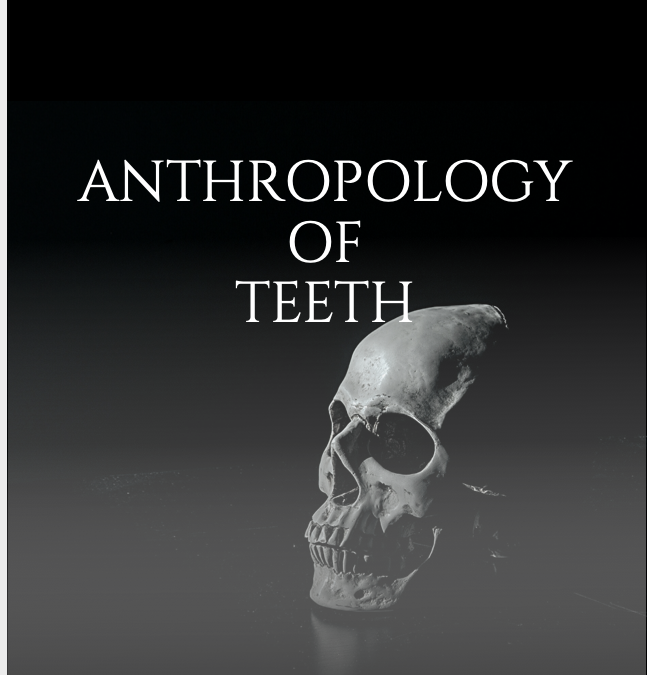
The Anthropology of Teeth – An Interview with Dr. Brunacini Part 3: If These Teeth Could Talk
Need a fun conversation topic for your Thanksgiving gathering? How about teeth? Our teeth are fascinating! More than mere pearly chompers that chew your food and give you a beautiful smile, they can also convey a lot of information about us. Just ask Dr. Brunacini, your dentist and favorite amateur dental anthropologist! This month we close our interview series with Dr. Brunacini on Dental Anthropology. Join us for Part 3: If These Teeth Could Talk.
Why are teeth such a useful tool in studying our past?
Dr. Brunacini: Teeth can give us a snapshot in time about someone’s life, such as their age as well as their diet. They are exposed to our diet in ways that other body parts are not, so they often can convey useful information about a person and their environment. Also, teeth are unique in that they are slow to decompose. Your tooth enamel is the hardest substance in your body, stronger than your bones!
What can an anthropologist learn from our teeth?
Dr. Brunacini: Anthropologists can learn a lot from our teeth. Teeth can help determine how old a person was at death, what kind of health they were in, and what kind of diet they had. Teeth can even provide information about the human’s cultural rituals, such as cultures where dental modifications played an important role.
What is something fascinating you’ve learned from the study of teeth?
Dr. Brunacini: For me, the most interesting thing is how our jaws have become smaller over time, possibly due to diet changes, which has contributed to some common chronic diseases. Of course, with smaller jaws there is less room in our mouth for our teeth, which has made wisdom tooth extractions commonplace. Also, sleep apnea and acid reflux are very common diagnoses now that have some connection to jaw development from a young age.
As a dentist, is there an example of information that a patient’s teeth tells you that perhaps they themselves do not?
Dr. Brunacini: In modern days, the teeth we examine and evaluate daily gives us insight into a patient’s overall health. We commonly discuss issues such as bruxism (tooth grinding) with our patients, but we can also see signs of acid reflux and even sleep apnea that can affect the entire body. A patient may not be aware that their teeth can provide us with this sort of information about their health, or that as their dentist we can help them. Our goal is to be a partner for our patients in their oral care, which includes their overall health, and we are always happy to discuss treatment options that can help improve the health of their teeth and their body!
Thank you, Dr. Brunacini!
If you have questions about your teeth or need to schedule your next appointment, please give us a call at 207.781.5900.
